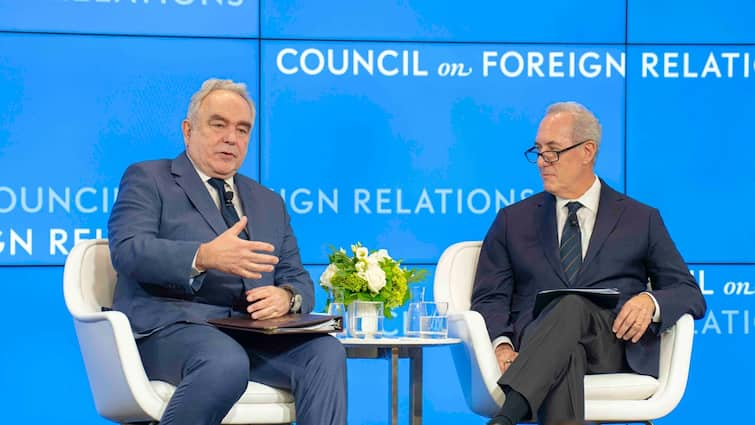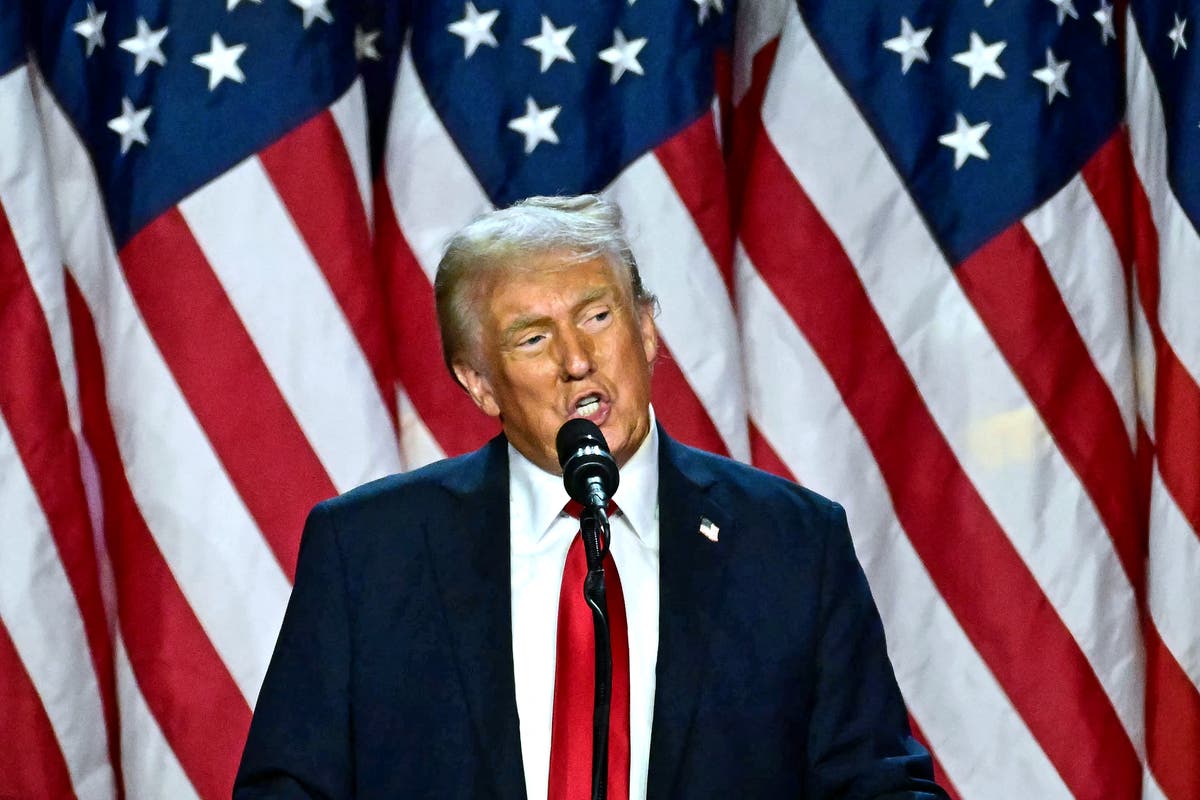Tech
US Should Prioritise Indian Students For Tech: US Deputy Secretary Of State

The United States should encourage more Chinese students to pursue humanities rather than sciences amid security concerns, US Deputy Secretary of State Kurt Campbell advocated on Monday. Speaking at the Council on Foreign Relations, Campbell highlighted the importance of diversifying international student enrolments amidst strained US-China relations. The Deputy Secretary also advocated for greater recruitment of Indian students amid India’s growing importance as a US security partner.
“I would like to see more Chinese students coming to the United States to study humanities and social sciences, not particle physics,” Campbell remarked, as quoted by news agency Reuters.
Chinese students have historically comprised the largest foreign student cohort in US universities, numbering nearly 290,000 in the 2022/23 academic year, despite heightened scrutiny over espionage and intellectual property theft concerns, Reuters’ report stated.
Campbell addressed the controversial ‘China Initiative’ initiated during the Trump administration, aimed at combatting espionage and intellectual property theft, which was terminated by the Biden administration. Critics argued it led to racial profiling of Asian Americans, as per the report.
Acknowledging security concerns, Campbell noted US universities’ cautious approach to supporting Chinese students while restricting access to sensitive technologies. “I do think it is possible to curtail and to limit certain kinds of access,” Campbell stated, emphasising the need for vigilance in technological programmes across the US.
ALSO READ | Jaishankar Meets Chinese Ambassador Xu Feihong, Says ‘Discussed Bilateral Ties, Common Interest’
Campbell Calls For ‘Larger Numbers’ Of Indian Students To Study In American Universities In Technology
The Deputy Secretary called for greater recruitment of Indian students as he asserted, “I believe that the largest increase that we need to see going forward would be much larger numbers of Indian students that come to study in American universities on a range of technology and other fields”.
Despite tensions, Campbell underscored the importance of maintaining links between the US and China, attributing challenges in academic, business, and non-profit sector ties primarily to Beijing. Concerns over personal security have also dissuaded foreign executives and philanthropists from long-term stays in China.
In conclusion, Campbell urged a balanced approach, fostering educational exchanges while safeguarding national interests. “It really has been China that has made it difficult for the kinds of activities that we would like to see sustaining,” he concluded.










